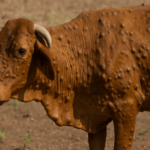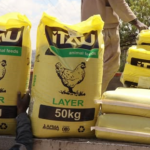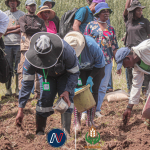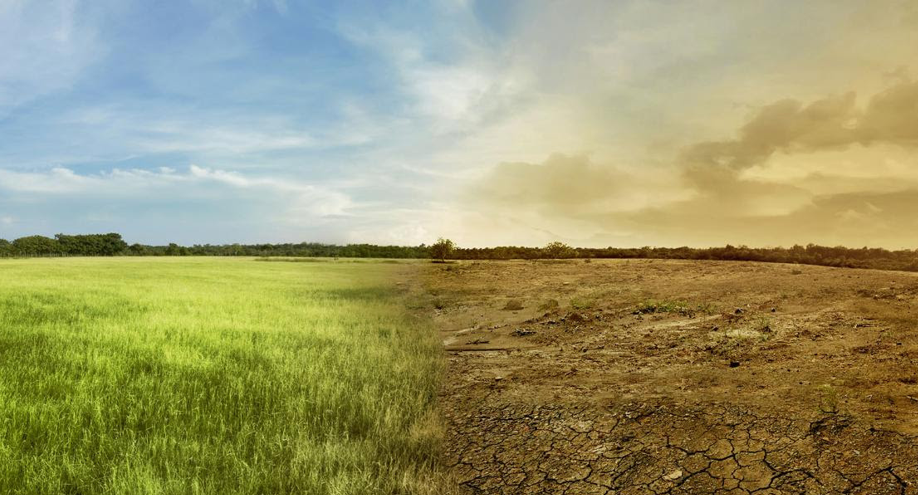By Lerato Matheka
Lesotho’s farmers may soon have the safety net they have long been waiting for. A newly completed feasibility study on agricultural insurance has revealed both the urgent need and the possibility of rolling out tailored insurance schemes to protect farmers against climate shocks, livestock disease, and market losses.
According to the Feasibility Study for Agricultural Insurance in Lesotho (June 2025), the country’s farmers remain highly vulnerable to weather extremes, pests, and economic instability.
With most Basotho households depending on farming for food and income, risks such as prolonged drought, floods, or sudden livestock disease outbreaks can wipe out livelihoods in a single season.
The study makes clear that agricultural insurance could be transformative.
“Agriculture remains the backbone of rural livelihoods in Lesotho, yet it is the sector most exposed to risk. Without safety nets, shocks translate directly into poverty and hunger,” the report states.
The study highlights that Lesotho’s geography and climate volatility increase farmers’ exposure to loss.
It points to the 2015–2016 El Niño drought as an example, which devastated maize harvests, pushed food prices up, and left hundreds of thousands food insecure.
While insurance is widely used in other African countries such as Kenya, Ethiopia, and Zambia, Lesotho lags behind. The feasibility study notes that existing schemes are small and fragmented, often donor-driven, and not sustainable. Yet it also finds that farmers are aware of the need for protection.
In surveys conducted, a significant number of farmers expressed willingness to pay for crop or livestock insurance, provided premiums are affordable and payouts are transparent.
However, challenges remain.
The study outlines low levels of financial literacy, limited trust in insurance providers, and the lack of reliable climate and production data as obstacles.
“Without data, it is difficult to design insurance products that respond accurately to farmer losses,” the report warns.
Farmers also fear delayed or disputed claims, an issue that has undermined insurance uptake in neighbouring countries.
Despite these hurdles, the study recommends piloting agricultural insurance in phases, starting with index-based weather insurance for maize and sorghum, and livestock cover for cattle and sheep.
Partnerships between government, private insurers, and development agencies would be key.
“Insurance should be embedded in broader agricultural development, linked with credit, extension, and input support,” the report advises.
The benefits could be far-reaching. Farmers with insurance are more likely to invest in improved seeds, fertilisers, and irrigation, knowing that they are cushioned against total loss. This, in turn, can increase productivity and food security. As one farmer interviewed during the study put it: “We are not afraid of hard work. But we need protection from things we cannot control — the weather, disease, or sudden disasters. Insurance would give us courage.”
The feasibility study concludes with a call to action. It urges the Ministry of Agriculture, private sector, and partners to move quickly to design and test schemes before the next climate crisis strikes.
As the report emphasises, “Every season lost without risk protection is another season where farmers risk falling deeper into poverty.”







